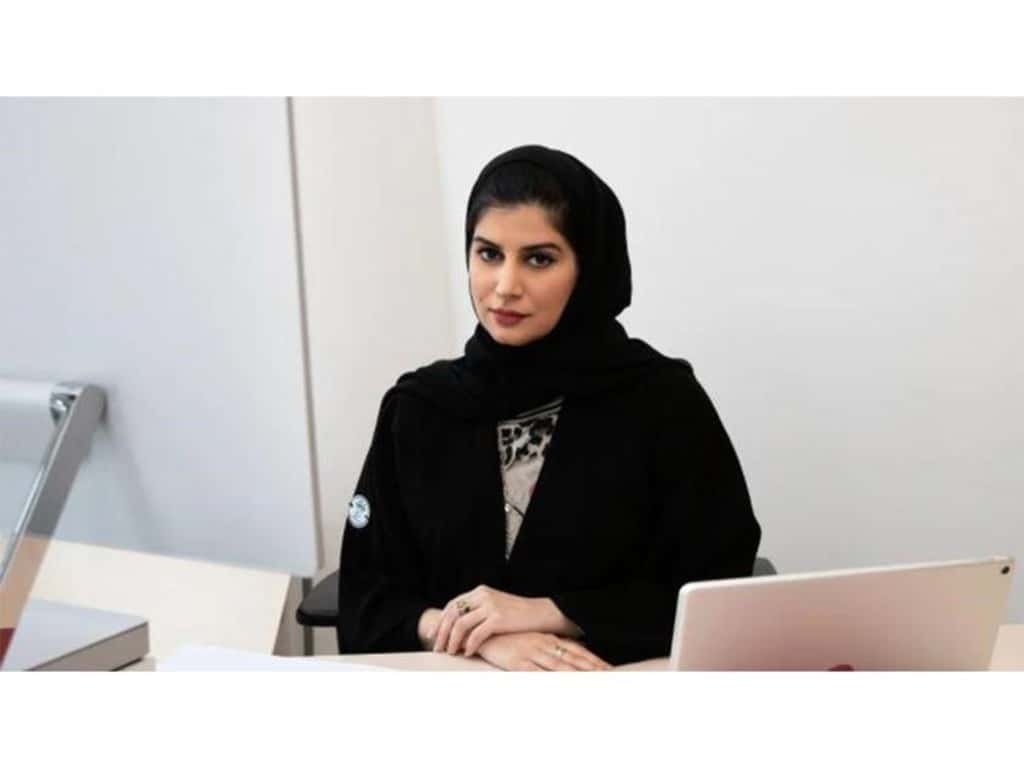Doha, Qatar— Qatar has recycled some 80 percent of waste collected from stadiums during the FIFA World Cup games.
According to Bodour Al Meer, the Sustainability Executive Director at the Supreme Committee for Delivery & Legacy, nearly 54 percent of the waste has been converted into compost, 22 percent into plastic, 14 percent into paper and cardboard, 8 percent into glass, and 2 percent into metals and electronics.
The climate change issues and the optimal utilization of natural resources are among the top priorities of the Sustainability Department at the SC which set a comprehensive strategy to encourage transition to circular economy.
Also read: After hosting World Cup, Qatar looks to secure 2036 Olympics
“The importance of sustainability of national resources and utilizing them in a thoughtful and responsible manner, specially that there are many recycling-based national industries that witness an accelerating growth followed by the circular economy which is an economic system that seeks to halt the constant wastage of resources and strives to utilize and develop them to serve the State of Qatar and achieve its national vision, alongside the UN sustainability goals.”
She noted the launch of an industrial coalition last December to be one of the crucial pillars of the legacy projects associated with the tournament which focuses mainly on plastic recycling, offers drastic solutions for the treatment of plastic waste and reduces the pollution arising from it, in addition to reducing landfill carbon emissions.
Commenting on the tournament’s waste, Al Meer said that such matter is of utmost importance as the SC gave it an absolute priority from the outset prior to embarking upon the construction of stadiums, pointing out that the main focus was on recycling the construction waste which posed a big challenge for them.
Also read: Qatar sees off World Cup criticism to claim diplomatic victory
There was a success in recycling 70-80 percent of the tournament construction waste, in addition to utilizing 90 percent of the waste from the former Ahmed bin Ali Stadium in the new construction operation of the stadium, Al Meer said.
She further said that during the preparation for the tournament, the focus was shifted from construction phase to operation, where new objective was pursued to convert 100 percent of waste generated from landfills into new various materials and elevate the recycling percentage.
Accordingly, detailed reports were produced and offered electronically in order for all operators in the construction sector to review and utilize them in the future, she said.
Regarding the concept of zero emissions, Eng. Al Meer estimated the carbon footprint of the tournament with 3.6 million tones, of which 1.5 million units were secured through the Global Carbon Council (GCC) that was established by a contribution from the SC, while FIFA had contributed with securing 300,000 units, and the remaining part was secured via Al Kharsaah Solar Power Plant.
However, for the sake of having a successful project, professional consultants were hired by FIFA in the field of carbon to calculate the estimated carbon units based on the global criteria and guidelines of determining the carbon offsetting value, she said.
She pointed out that from the outset the SC has been seeking to leave a legacy for the benefit of all in the post-tournament era to be essentially based on the expertise and experiences of the long years of preparation, along with the most important lessons learned by hosting a major and global sporting event.
She pointed out that the SC has been encouraging for recycling the construction waste and their reuse in various projects over 12 years, in addition to designing and operating eco-friendly and sustainable stadiums to reduce the rates of water and energy utilization, in addition to reducing the natural raw materials, she said, adding that the SC published the reports and experiences to capitalize on them further by all local and international entities.
With regard to the dissemination of sustainability concept at the local level, the Sustainability CEO pointed out that the SC has succeeded in translating the concept on the real ground through pursuing the first comprehensive sustainability strategy for the tournament; in partnership between the host country and FIFA through which 70 projects were carried out and achieved 20 goals that covered 5 core themes, namely sustainable greenhouse, air quality, waste management, reduction of carbon emissions and water efficiency.








